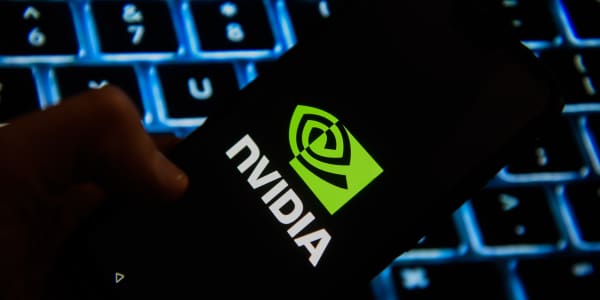There’s one political movement that seems unlikely to change with the presidential transition this year: a desire to overhaul Section 230 of the Communications Decency Act.
President Joe Biden shares the conviction with his predecessor Donald Trump that the law, which serves as a liability shield for tech platforms like Facebook, Twitter and Google’s YouTube, must be significantly altered or repealed to rein in the companies’ vast power.
Most lawmakers seem unwilling to go as far as a full repeal of the law, but there's a bipartisan desire to force Big Tech to take more responsibility for the editorial decisions they make on what can and can't appear on their platforms. That push for change has spurred tech companies to reconsider how they can adapt to a change in Section 230, which gives them broad immunity from being held liable for what users post to their social networks.
But any potential change to Section 230 comes with risks and costs for the largest tech firms the current proposals are designed to regulate. And for tech start-ups, which the law was originally designed to protect, there's a risk of increased legal costs that could hamper growth if Section 230 is fully repealed. Good luck building the next Google or Facebook if you're shackled to new regulations your predecessors didn't have to deal with.
“The incumbent players in this space will have the option to try to still operate as much as possible in this space if Section 230 is narrowed. But every other company won’t,” said Bill Easley, a senior policy analyst at Americans for Prosperity, an advocacy group funded by Charles Koch. “If you’re not a FAANG [Facebook, Amazon, Apple, Netflix, Google], you’re not going to make it."
There’s a wide range of bills currently being considered by Congress that could hurt Big Tech's rapid growth. The best outcome for those companies would be to see no change to the law. But of the options on the table, here’s how different corners of the internet could be impacted:





